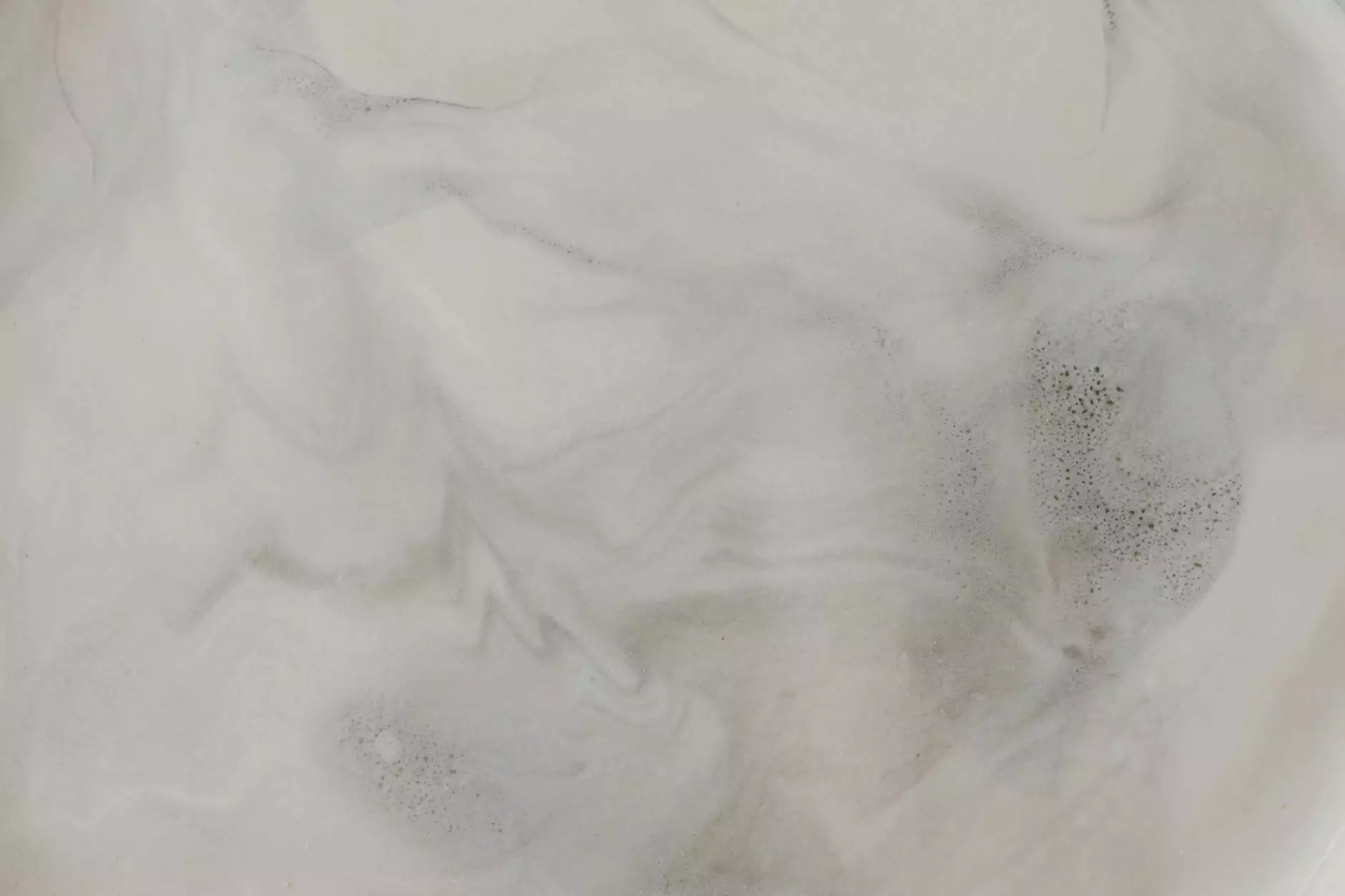Understanding Why Your Vein Is Swollen: A Comprehensive Guide from Vascular Medicine Experts

Swollen veins can be a source of discomfort, concern, and sometimes even indicate underlying health conditions that require medical attention. Whether you notice a visible lump, experience pain, or simply feel that something is not right, understanding the reasons behind vein swelling is crucial for timely diagnosis and effective treatment. At TruffleSveenSpecialists.com, our dedicated team of doctors specializing in vascular medicine is here to provide expert insights into this common yet complex issue.
What Is Vein Swelling?
Vein swelling refers to the abnormal enlargement or distension of veins, often visible as bulges beneath the skin. This condition can occur in various parts of the body but is most common in the legs and calves. Swollen veins can manifest as raised, soft, and sometimes tender lumps, or they may be inflamed and painful.
Common Causes of Swollen Veins
There are multiple factors that can lead to vein swelling, ranging from benign conditions to serious vascular diseases. Understanding these causes can help determine the appropriate course of action:
1. Varicose Veins
One of the most common causes, varicose veins develop when valves within the veins fail to function properly, causing blood to pool and veins to enlarge. These veins typically appear as twisted, bulging, and blue or purple in color, primarily in the legs. Genetic predisposition, pregnancy, obesity, and prolonged standing are significant risk factors.
2. Deep Vein Thrombosis (DVT)
Deep vein thrombosis is a serious condition characterized by the formation of a blood clot within a deep vein, usually in the legs. Swelling is often prominent, accompanied by redness, warmth, and pain. DVT requires immediate medical attention to prevent complications like pulmonary embolism.
3. Inflammation and Infection
Inflammatory conditions such as phlebitis (inflammation of veins) or infections can cause the veins to become swollen, tender, and red. These conditions are often associated with redness and warmth around the affected area, and they can result from injury or systemic infections.
4. Venous Insufficiency
This condition occurs when veins are unable to efficiently return blood to the heart, causing blood to back up in the veins of the legs, leading to swelling. Chronic venous insufficiency often coexists with varicose veins and can cause skin changes, ulcers, and persistent swelling.
5. Trauma or Injury
Direct trauma or injuries to veins can lead to swelling due to blood vessel damage or bleeding within the tissues. It may also cause localized inflammation and hematoma formation.
6. Other Medical Conditions
- Heart failure: Can cause generalized fluid retention, leading to swelling in the legs and ankles.
- Lymphedema: Obstruction of lymphatic drainage causes swelling that can mimic vein-related issues.
- Cancer: Certain cancers can invade veins or cause secondary swelling.
Symptoms Associated With Swollen Veins
While some swollen veins are visible and noticeable, others may be accompanied by symptoms that signal underlying problems:
- Pain or aching in the affected limb
- Heaviness or fatigue in the legs
- Itching around the swollen vein
- Skin changes such as discoloration, thickening, or ulcers
- Redness and warmth indicating inflammation or infection
- Numbness or tingling if nerves are affected
Why Is My Vein Swollen? – Key Questions and Diagnostic Approach
When trying to understand why is my vein swollen, comprehensive diagnosis is essential. Vascular specialists at TruffleSveenSpecialists.com utilize advanced diagnostic tools and techniques, including:
- Physical examination and medical history assessment
- Duplex ultrasound imaging to evaluate blood flow and vein structure
- Venography, if necessary, to visualize veins in detail
- Blood tests to check for clotting disorders or infections
Effective Treatment Options for Swollen Veins
Treatment varies based on the underlying cause, severity, and symptoms. Our vascular medicine specialists aim to provide tailored, minimally invasive, and effective solutions that restore vascular health and alleviate discomfort.
1. Lifestyle Modifications
Many cases of vein swelling respond well to simple lifestyle changes:
- Regular exercise to promote healthy circulation
- Maintaining a healthy weight to reduce pressure on veins
- Elevating legs when resting to decrease venous pressure
- Wearing compression stockings to support vein function
2. Medical Interventions
For more advanced cases, medical procedures are often necessary:
- Sclerotherapy: Injection of a sclerosant to collapse problematic veins
- Endovenous Laser Treatment (EVLT) or radiofrequency ablation: Minimally invasive techniques that close off damaged veins
- Microphlebectomy: Removing large varicose veins through tiny incisions
- Anticoagulation therapy: To treat or prevent blood clots in DVT cases
- Surgical options: Such as vein stripping in severe cases
3. Managing Underlying Conditions
Addressing systemic issues like heart failure or infections is vital for comprehensive treatment and preventing recurrence of vein swelling.
Preventive Measures to Reduce the Risk of Vein Swelling
Prevention is always preferable and involves ongoing attention to vascular health:
- Maintain an active lifestyle with regular physical activity
- Follow a balanced diet rich in fruits, vegetables, and fiber
- Avoid prolonged periods of standing or sitting; move frequently
- Use compression stockings if advised by your healthcare provider
- Avoid smoking, which impairs circulation
- Keep weight within a healthy range to reduce strain on veins
The Importance of Expert Vascular Medical Care
Vascular specialists play a key role in diagnosing and treating vein-related problems. At TruffleSveenSpecialists.com, our team of highly trained doctors applies cutting-edge technology and evidence-based practices to offer personalized treatment plans for each patient.
Early intervention not only alleviates symptoms but also prevents complications like skin ulcers, deep vein thrombosis, or chronic venous insufficiency. If you are asking yourself why is my vein swollen, seeking expert medical advice promptly ensures effective management and improved quality of life.
Conclusion
Understanding the causes and treatment options for why is my vein swollen empowers you to take proactive steps towards vascular health. From lifestyle modifications to advanced minimally invasive procedures, there are numerous ways to address vein swelling effectively. Remember, seeking expert care from reputable vascular specialists such as those at TruffleSveenSpecialists.com can make a significant difference in outcomes and long-term well-being.
Persistent or severe swelling warrants prompt medical attention to determine the underlying cause and initiate appropriate treatment. With proper diagnosis and care, most vein-related issues can be managed successfully, restoring comfort, function, and confidence in your vascular health.









